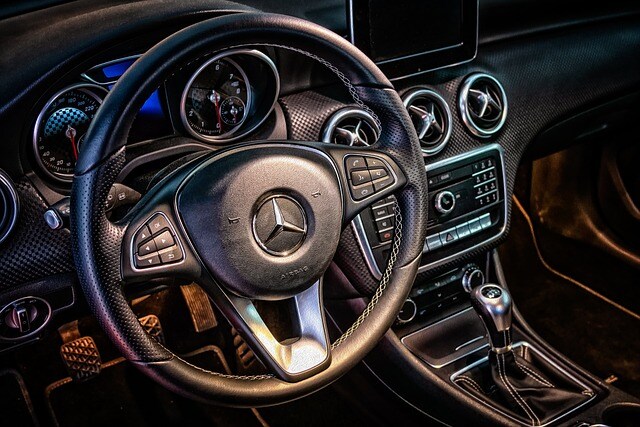A Comprehensive Guide on – Before Buying a Second-Hand Car: 10 Checklist Points That You Shouldn’t Miss
Buying a second-hand car can be a smart financial decision, offering you the opportunity to own a vehicle without the hefty price tag of a new one. However, it can also be daunting, especially for first-time buyers. Ensuring you make an informed choice requires careful consideration and attention to detail. Here’s a detailed checklist to help you navigate the process and make a confident purchase.
Purchasing a second-hand car can be an excellent way to save money, but it also comes with its own set of challenges and risks. Unlike new cars, used vehicles have a history that you need to thoroughly investigate. Whether you’re looking for your first car or an upgrade, following a structured checklist will ensure you get the best value for your money and avoid potential pitfalls. Here are ten essential points you should consider when buying a second-hand car.
1. Set a Budget
Before you start shopping, determine your budget. Consider not only the purchase price but also the ongoing costs such as insurance, registration, maintenance, and fuel. Having a clear budget in mind will help you narrow down your choices and prevent overspending.
2. Research the Car Model
Once you have a budget, research the car models that fit within it. Look for models known for their reliability, low maintenance costs, and good fuel efficiency. Read reviews, check ratings, and compare features to ensure the model you choose meets your needs.
3. Check the Vehicle History Report
A vehicle history report provides crucial information about the car’s past, including previous ownership, accident history, and any outstanding liens. Services like CARFAX or AutoCheck can provide these reports. A clean history report can save you from future headaches and expenses.
4. Inspect the Exterior and Interior
Thoroughly inspect the car’s exterior and interior. Look for signs of rust, dents, or paint mismatches on the exterior, which might indicate previous damage. Inside, check for wear and tear on the seats, dashboard, and other components. Ensure that all features like lights, windows, and the air conditioning system are functioning properly.
5. Test Drive the Car
Never buy a car without taking it for a test drive. Pay attention to how the car handles, brakes, and accelerates. Listen for any unusual noises and check if all controls and features are working during the drive. This step is crucial to gauge the car’s overall condition and performance.
Also find: How to Find Affordable Used Electric Cars in India
6. Get a Professional Inspection
Even if the car looks good to you, it’s wise to have a professional mechanic inspect it. A qualified mechanic can identify hidden issues that you might overlook. This inspection can cost a bit, but it’s worth the peace of mind knowing the car is in good condition.
7. Check the Odometer Reading
The car’s mileage can give you an idea of its wear and tear. However, don’t just focus on the number. Consider the car’s age and usage. A newer car with high mileage might have been used for long commutes, while an older car with low mileage might have been sitting idle, which can also lead to issues.
8. Review the Service Records
Ask for the car’s service records to see if it has been regularly maintained. Regular oil changes, brake checks, and other routine maintenance indicate that the previous owner took good care of the vehicle. Lack of maintenance records could be a red flag.
9. Negotiate the Price
Once you’re satisfied with the car’s condition and history, it’s time to negotiate the price. Use your research on the car’s market value and any issues you found during inspection as leverage. Don’t be afraid to walk away if the seller isn’t willing to negotiate a fair price. In case if anyone looking for some budget friendly and hassle-free 2nd hand car deals in Bangalore location can refer to best place to buy used cars
10. Complete the Paperwork
Ensure all paperwork is in order before finalizing the purchase. This includes the title transfer, bill of sale, and any necessary emissions certificates. Verify that the seller has the right to sell the car and that there are no outstanding loans or fines associated with it.
Conclusion
Buying a second-hand car can be a rewarding experience if you take the time to follow these essential checklist points. By setting a budget, researching thoroughly, inspecting the vehicle, and ensuring all paperwork is correct, you can make a confident and informed purchase. Remember, the key to a successful second-hand car purchase is diligence and attention to detail. Happy car hunting!
Also find: Used Car Petrol vs Diesel. Which One is Best for You?

